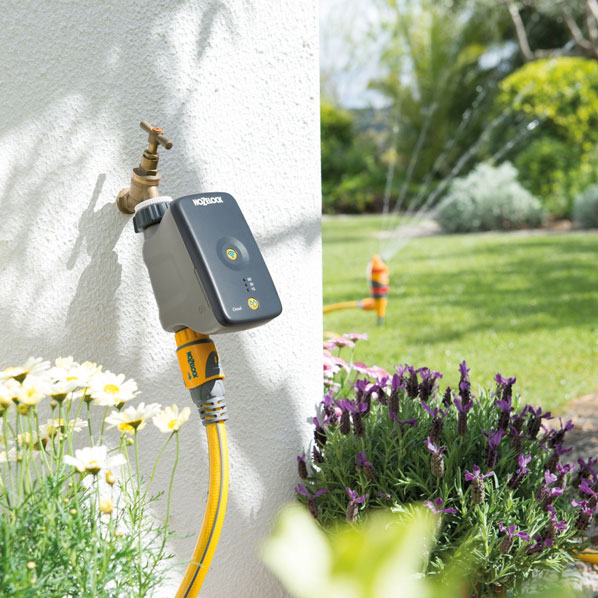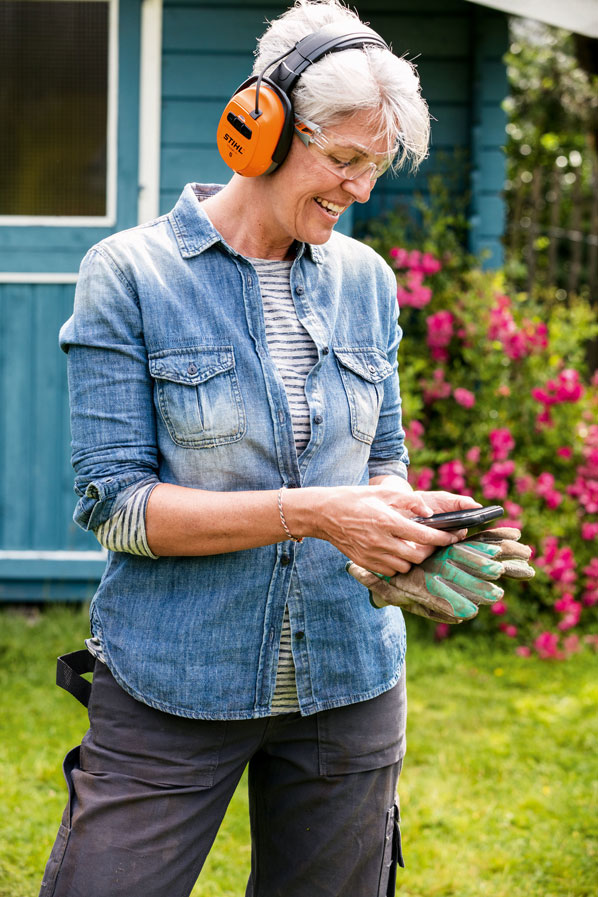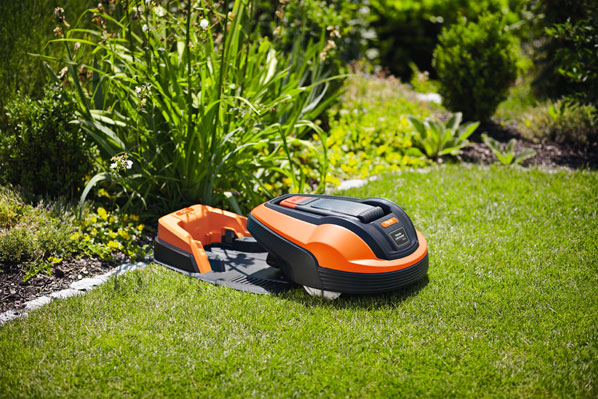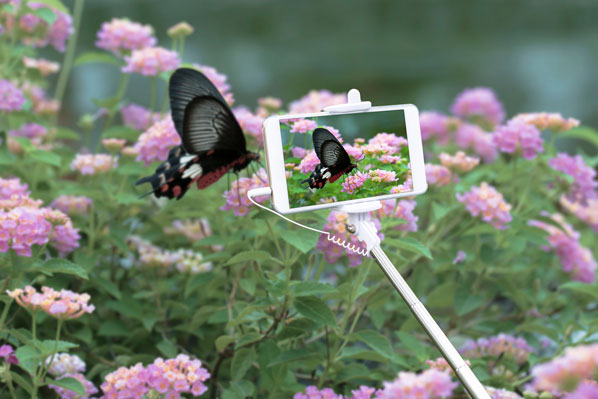Get yourself some high-tech help with these time-saving technological innovations to make life easier in the garden.
The swallows have returned, tulips and wallflowers are blooming and Chris Packham and Michaela Strachan have warmed up their binoculars.
Gardeners can finally look forward to some fair-weather gardening during spring and summer.
So now is the time to invest in some new high tech gadgets to smarten up your outdoor space and make this season a fruitful one.

1. Flymo 1200 R Robotic lawnmower and charging station, £599, for stockists visit flymo.com/uk
If you live in the city and only have a small piece of grass to mow, but don’t have time to do the basics, this new Flymo robotic lawnmower may be for you.
It operates via sensors around your borders and when its charge is running low, it will know to return to its charging port before you have to carry it there.
This efficient, Lithium-Ion battery powered device is capable of effectively mowing a lawn area up to a maximum of 400m2, negotiating itself around trees and fences.

2. Chester Up & Down Solar Wall Light, £29.99, thesolarcentre.co.uk
Give your outdoor space some extra green credentials with this solar-powered wall light. All energy comes from an accompanying solar panel – no need for any fiddly wiring – resulting in a soft, warm, naturalistic glow. Sleek, waterproof, and wrought from stainless steel, this little lamp turns on automatically once darkness falls.

3. iGrill 3, £94.99, weber.com
Bid farewell to underdone or charred BBQ meat. Owners of a gas-powered Weber Genesis II, Genesis II LX, or Spirit II barbecue can invest in this weatherproof digital thermometer, which monitors the ‘doneness’ of up to four cuts of meat at once and sends its data straight through to an app on your smartphone.

4. Hozelock Cloud Controller Set, £142, johnlewis.com
This gadget allows you to control garden watering from your mobile, anywhere in the world. After attaching the controller to your garden tap, use the accompanying app to remotely set a watering schedule. The app will let you know if the weather changes back home, so you can pause watering if it turns wet or step it up when a heatwave strikes.

5. Dynamic BT Ear Protectors, £85, stihl.co.uk
If you like listening to music, and dislike having your eardrums savaged by the drone of your hedge trimmer, these Bluetooth ear protectors might just be for you. Each unit hosts a set of speakers that can connect wirelessly to your smartphone, playing for 38 hours on a single charge.











